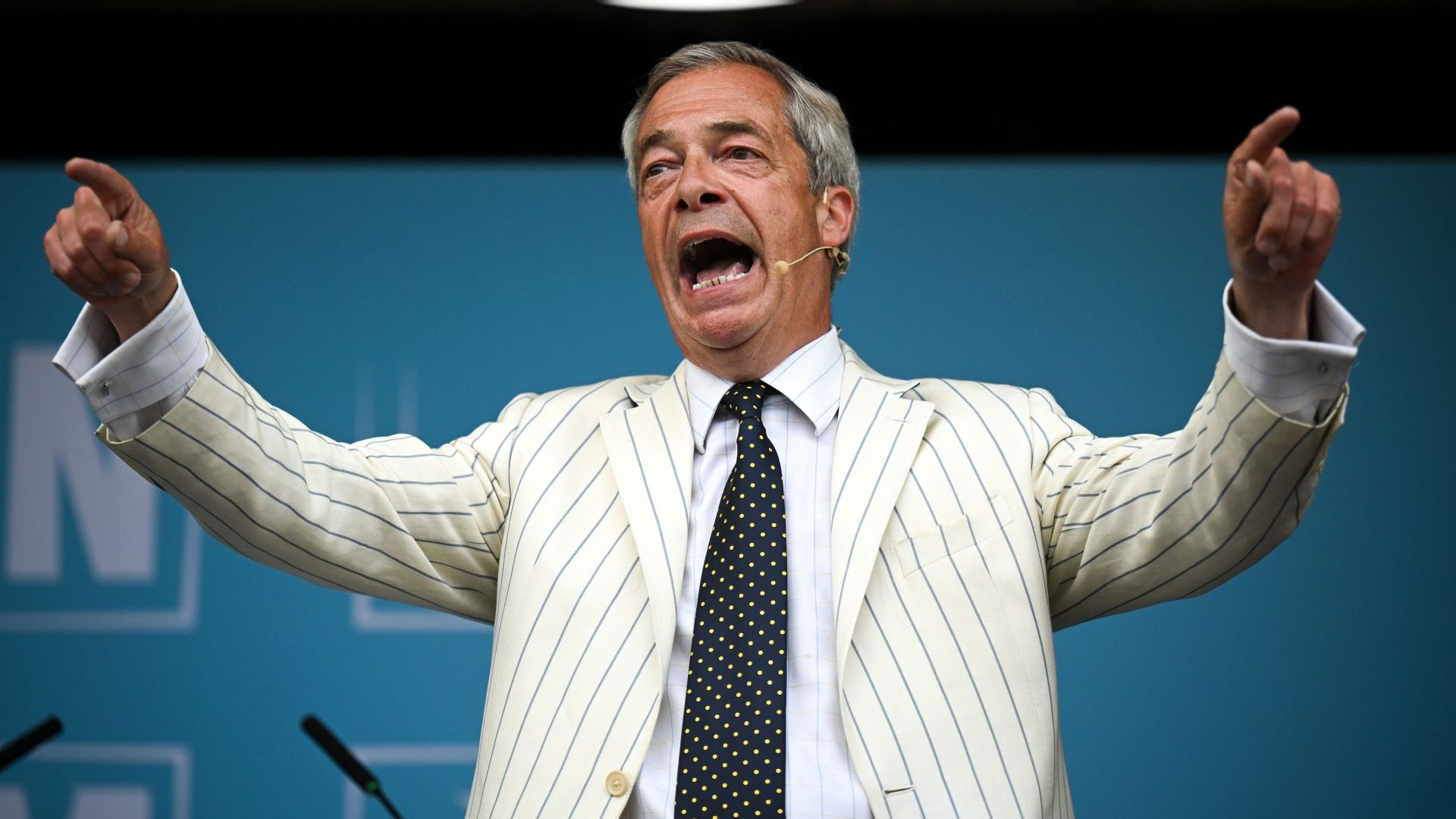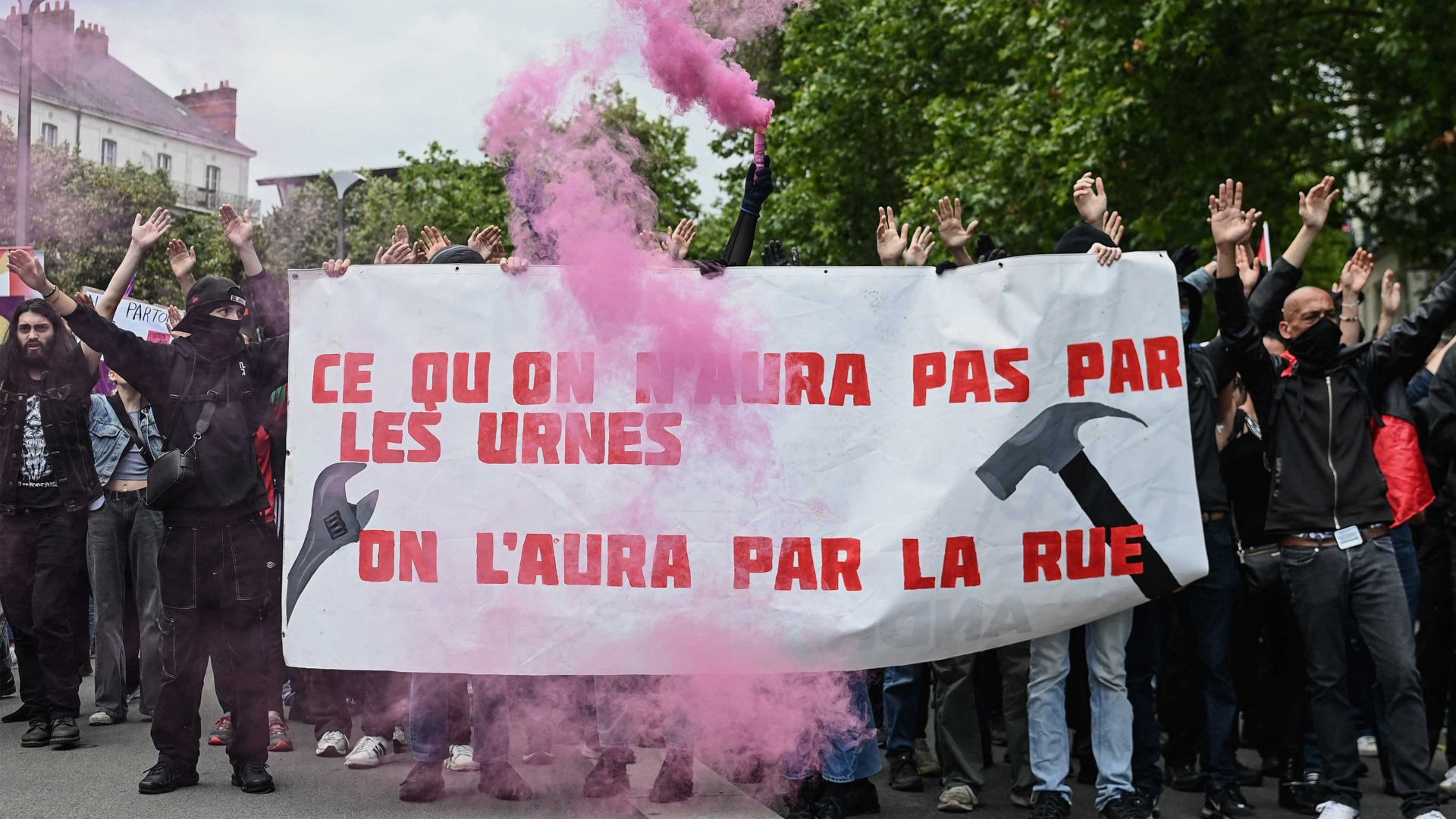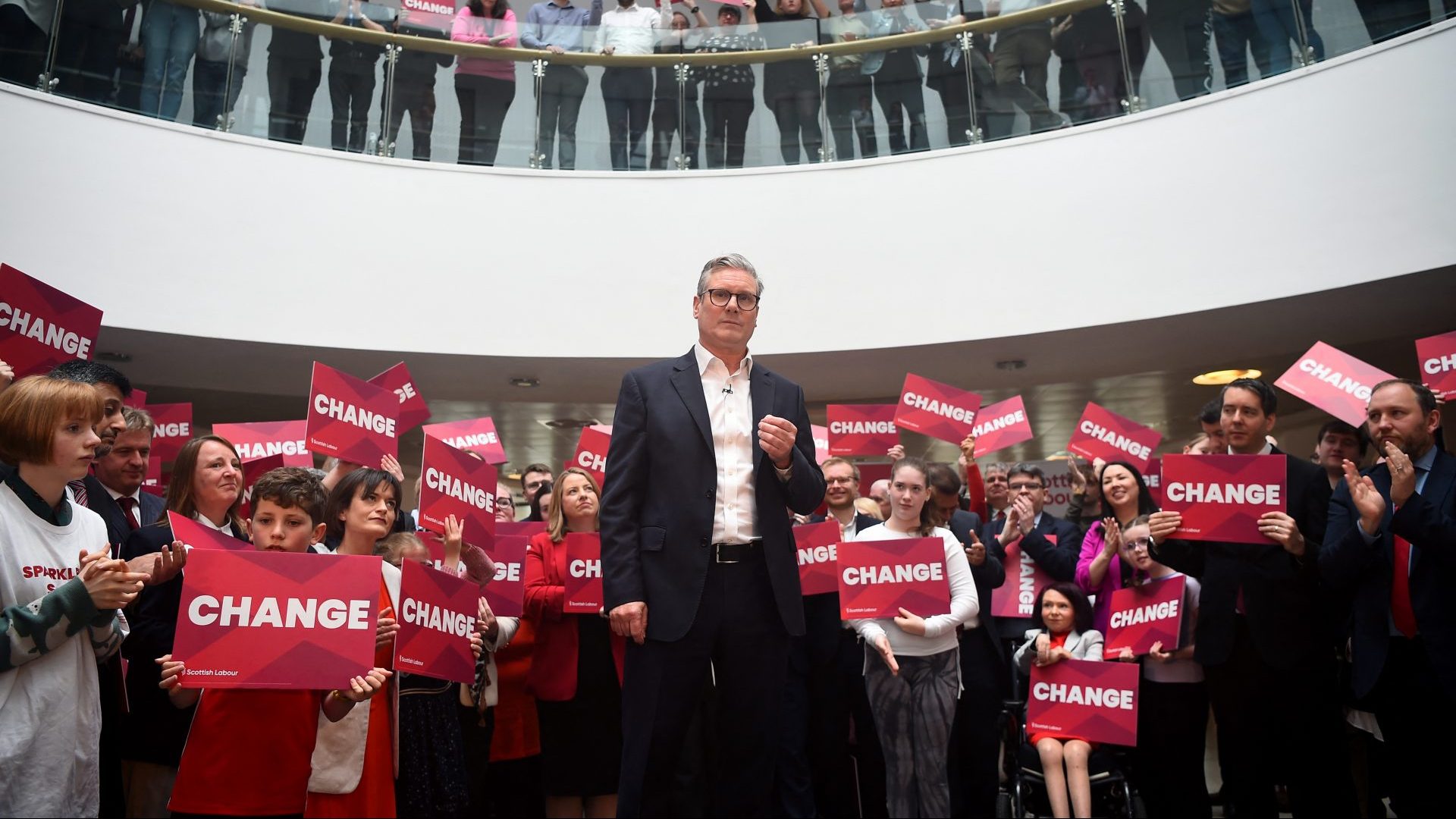When Oswald Mosley’s Blackshirts marched on the East End, they were outnumbered by a disparate group of people determined to see them off. Methodists, catholics, communists and even some Somali seamen united with the local Jewish population.
Few, if any, witnesses of the Battle of Cable Street in 1936 are now alive to recall that event, which has often been hailed as marking the defeat of fascism in the UK. However, anyone who has come close to a gathering of Tommy Robinson’s supporters might experience some of the chill that the sight of the Blackshirts once created.
On June 1 this year, it was polluting central London again as Robinson led a march ostensibly against what he has dubbed “two-tier policing” for right and left. This was a tissue-thin veil for an anti-Muslim march, Robinson claiming Hamas had been given free rein in London.
His supporters, mainly men in black, were adulatory. Some wanted autographs, presumably not from Stephen Yaxley-Lennon, his legal name under which he has served a series of jail sentences, but the grittier one by which he chooses to be known.
Not all his fans would think of themselves as fascists, but the progression from the far right to the extreme is a perilously small one. Across Europe, we are seeing the populists gaining ground. These are dangerous times. It is not only the arch pessimists who now talk about the parallels between what is happening in many countries today and what happened in Europe in the 1930s.
The populists offer an easy answer to modern society’s complex problems: blame “foreigners”. Some of them are more explicit than others, but their message is clear and when people are unhappy and increasingly angry, populism becomes attractive.
In the UK, the name that embodies that emotion is Nigel Farage. The remarkable surge in support for Reform since he took over testifies to the fact that politics is as much about personalities as philosophies. Not even his extraordinary effort to blame the west for Russia’s war on Ukraine is likely to cause Farage’s supporters any concern. They equate bullying with strength and admire bullies, whether they be called Donald Trump or Vladimir Putin, in the same way Mosley worshipped Hitler.
Mosley began as a Labour MP, but came to focus his oratorical prowess on his new, far right supporters. Farage shares that prowess, but also has the benefit of the mass media.
Reform may only win two or three seats in the general election, which would not make them a serious voice in parliament. That would certainly not silence Farage, and may serve only to fuel the anger of his supporters.
There are factions within the Conservatives so scared of obliteration that they are prepared to invite Farage in. Suella Braverman, the former home secretary who was hailed as a hero by Robinson, has called for him to be “welcomed” into the Tory Party.
But the belief that moving the Conservatives even further right will save the party is totally misguided. It would give victory to the populists, and propel the perilous descent towards fascism. The best way to fight them is to produce a united front.
The middle ground is where most people feel comfortable. In many countries the far right has surged recently but in some cases the realities of government have had a moderating effect. In Italy, Giorgia Meloni appears to have toned down her most extreme positions now she is prime minister. In France, Emmanuel Macron, who is confronting a hard right surge, may be hoping for a similar effect.
But that did not happen in the US, where Donald Trump became even more of a populist once he got into the White House and, were he to win this year’s election, he would certainly become even more extreme.
The Reform threat cannot be ignored. Whatever they disagree about, the other parties should decide there is one thing on which they are united: fighting populism. They can empathise with those who have concerns about immigration without embracing the hatred that underlies so much of the populist rhetoric. They can embrace the concept of patriotism without it being divisive.
Together, they could freeze out Farage and his followers.




